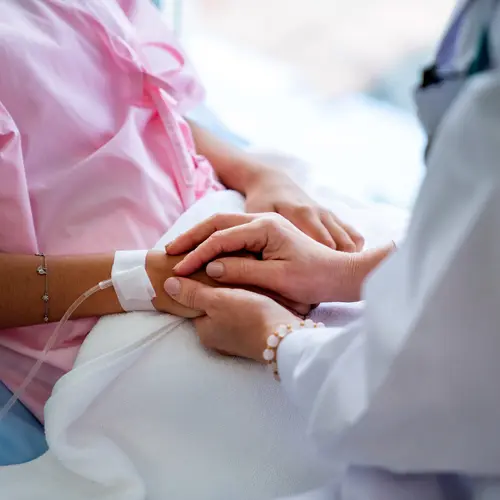Anemia means you don’t have enough red blood cells to move oxygen around the body. It can make you feel tired and weak, along with other symptoms.
Many things can cause anemia, including cancer. Cancer treatments, the condition itself, or both can lead to anemia.
Cancers Linked to Anemia
Leukemia and lymphoma are cancers that affect your bone marrow. That’s where all your blood cells come from. These conditions disrupt your body’s process for making red blood cells. So there’s not enough of them to carry oxygen to other parts of your body.
Gastrointestinal cancers, like stomach or colon cancer, can cause anemia. Bleeding often happens with these conditions. When you bleed a lot, you lose red blood cells faster than your body is able to make them.
Your kidneys make a hormone that triggers your bone marrow to make red blood cells. If you have kidney cancer, or if cancer treatment affects your kidneys, they might not work the right way. So your bone marrow doesn’t get the signal to make red blood cells.
Nearly every cancer can metastasize, or spread from where it started. For instance, breast and prostate cancer cells may travel to your bone marrow. Then, like leukemia and lymphoma, they could affect the amount of blood cells your bone marrow makes.
Cancer Treatments
Both chemotherapy and radiation can cause anemia. These treatments don’t know the difference between cancer cells and other cells that grow fast, like red blood cells. So they destroy both.
If your treatment makes you lose your appetite, you might not get enough of some minerals and vitamins in your diet. That can also lead to anemia.
Symptoms of Anemia
You may not notice any at first. Anemia tends to happen slowly. Its symptoms can include:
- Fast heartbeat
- Fast breathing
- Trouble breathing
- Dizziness or lightheadedness
- Chest pain
- Swollen hands or feet
- Pale skin, nail beds, mouth, and gums
- Extreme tiredness
Tell your doctor or cancer nurse right away if you notice any of these symptoms. Anemia is sometimes serious, especially if you also have another condition like lung or heart disease.
If you have a serious case, your doctor may need to postpone your cancer treatment or lower your dosage. Anemia might also affect how well your treatment works.
Your doctor can give you a blood test to see whether you have anemia. The test, called a complete blood count, may also help them figure out what's causing it. But you could need further tests to find out the cause.
How to Treat Anemia
Blood transfusions are one treatment for anemia related to cancer. That’s when you get extra blood to boost the number of red blood cells you have.
You might also get drugs called erythropoiesis-stimulating agents, or ESAs. They spur your body to make more red blood cells. You'll only get ESAs if you're having a certain kind of chemotherapy.
If you have anemia due to bleeding from a gastrointestinal cancer like colon cancer, you could get iron therapy. You'll get iron in a pill, or through an IV. Your doctor might also ask you to eat more foods with lots of iron, such as:
- Leafy green veggies like kale and spinach
- Lean meat
- Eggs
- Beans
- Sweet potatoes
- Dried fruits like raisins, apricots, and peaches
Depending on what's causing your anemia, your doctor might also prescribe supplements of folic acid or vitamin B12.
You may need to delay your cancer treatments until you recover from anemia.

